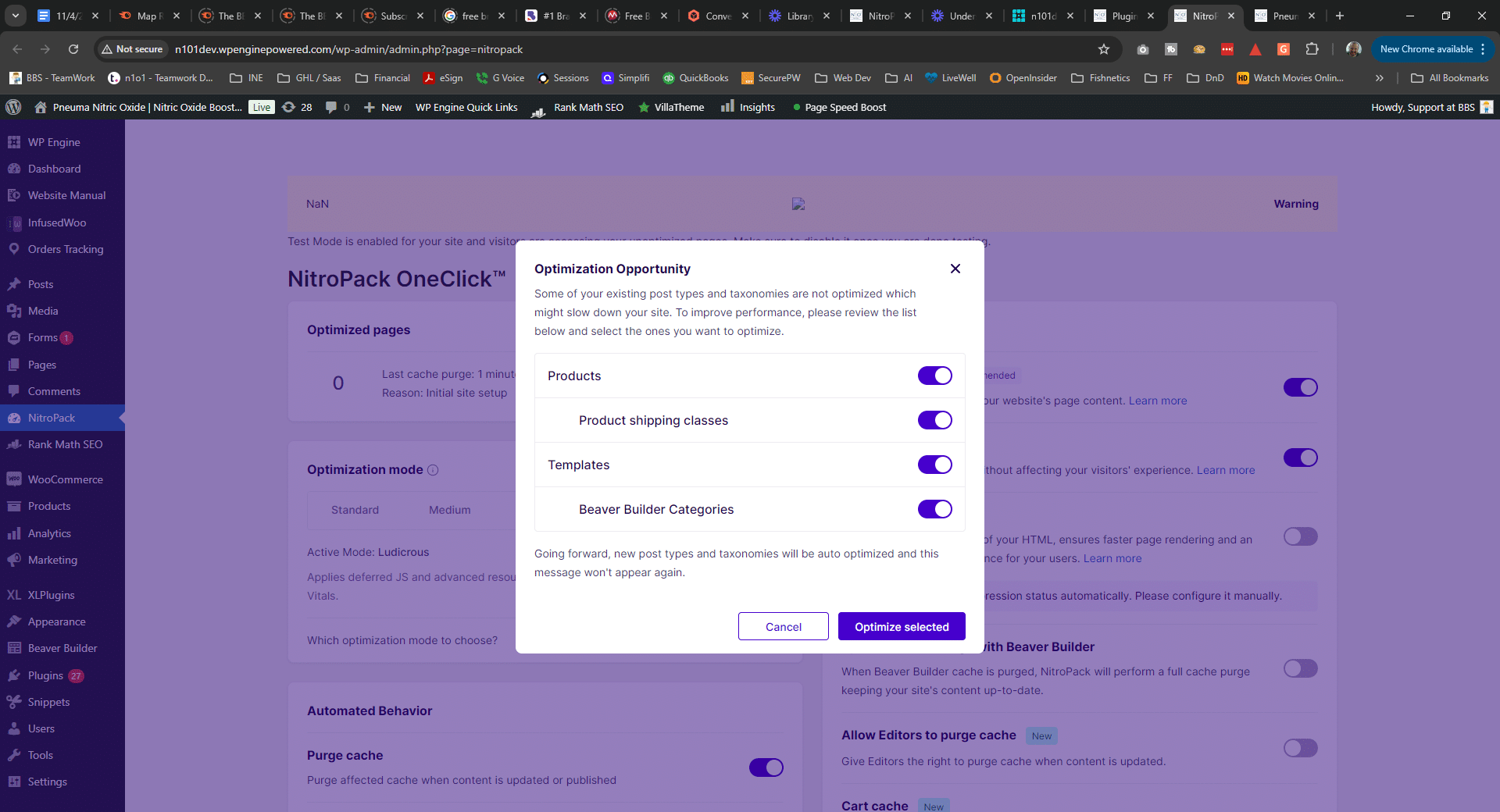Hey, I’m Michael Culp, a business Master’s student, and today, I’m going to give you 6 tips for creating an effective SEO strategy.
Why should you be concerned about building an effective SEO strategy? Simple, according to Hubspot Google processes approximately 63,000 search queries every second, translating to 5.6 billion searches per day and approximately 2 trillion global searches per year.
Now that you know how BIG Google is, let’s dive into the tips! Just make sure to check out this article on how to start a blog, if you don’t have a website yet.
1 – Start with Keyword Research
Keyword research is the first step when it comes to developing an effective SEO strategy. You need to choose keywords that have the potential to make you achieve your business goals.
Your high-level business strategy is what will guide your keyword research. So, what are your goals? Building an audience? Making money via display ads? Making money via affiliate marketing?
So, if you want to build an audience or monetize your website with display ads, your focus should be on finding informational keywords. In this case, you’ll be looking for “how-to” articles and “list” articles.
If you want to target affiliate marketing keywords, you need to look for keywords that have some buyer intent behind them. You’ll be targeting keywords related to product reviews, product alternatives, best products in some category, and best products for specific situations.
If you want to learn more about affiliate marketing and SEO, check out this Freedom breakthrough review. Another great course that teaches affiliate marketing is Super affiliate system.
The key metrics you need to look at when performing keyword research are the search volume and the keyword difficulty.
The keyword volume shows you how much search a particular keyword gets per month, and it will give you a rough estimate of the traffic you’ll be able to get. When it comes to keyword difficulty, if you have high website authority, you can target more difficult keywords, but if you’re just starting your website it’s better to focus on keyword difficult under 10.
2 – Take a look at the first page results
Now that you have a list of keywords, it’s time to get our hands dirty to start writing the content. But before you get started, it’s extremely important to take a look at the first page to see what type of content Google wants.
This is called search intent. If you write an article completely different from what is on the first page, you’ll probably not rank. Take a look at the subheadings of the top 3-5 ranking articles to see all the topics you need to cover it.
It’s also important to take a look at the content length of these pages. If most of the pages have 3,000 words written, you’ll have no chance of ranking if you write just 1,500 words.
A good rule of thumb is to pick the mean of the top 5 results and add 10% more. And then you have your target length for the article.
3 – Topical Authority
When you completely cover a topic in your content compared to your competition, your website will achieve topical authority. This will help you rank higher and faster.
To take advantage of topical authority you need to focus on one topic at a time. Choose a topic, and publish as much as you can.
Answerthepublic.com can give you a great starting point with over 100 topics. Just go to the website and type your topic to see the results. You can also get more topics by tipping your keyword on Google and taking a look at the “people also ask for” feature.
4 – User experience
It’s also very important to pay attention to user experience. In 2021 Google released a new update, targeting user experience.
User experience is the process of improving the interaction that users have with your website. If you’re offering a bad user experience, people will jump off when they arrive at your website. You’ll also fail to generate conversions.
The first step is to improve page loading time. Site speed is one aspect that can affect your SEO efforts. If you have a slow site speed, users will leave your website before the page even loads.
You also need to enhance your mobile experience. Today, most website traffic comes from mobile. You can use Google mobile tool to have more insights on how to optimize your website for mobile.
5 – Create a link-building plan
Building backlinks is one of the most important aspects of SEO. If you take a look at the SERP results for a lot of highly profitable keywords, you’re going to see a lot of big authoritative sites ranking for it. You’ll also notice that most of these big sites aren’t topical experts in these subjects.
What does that mean? It means that Google is rewarding them because of the number of links they have pointing to their website. These news websites are ranking because they have a LOT of backlinks.
So, you need to develop an effective link-building strategy.
The first technique that I love is guest posting. Guest posting is when you reach out to a website owner and offer to write an article for their website in exchange for a link.
A great way to find guest posting prospects is to perform a Google search with your topic + “write for us”.
Here’s an example: camping + “write for us”.
The next great technique is HARO. HARO stands for helping a reporter out. You can subscribe to the platform and 3 times a day, you’ll get an email with a list of journalists asking for expert comments on their upcoming articles.
So, you just need to pick the request and send your answer to the journalists. If they use your answer, they will quote you on the article and give you a backlink to your website.
6 – Build your execution plan
Now that you have all these great tips to improve your SEO efforts, it’s time to build your execution plan. First, perform your keyword research and go to the public tool to build a big list of your next articles.
Then you need to build your content calendar. How many articles will you be writing per week? 1? 3? 5? There’s no right or wrong number here, but keep in mind that the faster you publish, the faster your results will come.
In parallel with writing your articles, you should also execute your link-building strategy. So, how many links do you want to build per week? Based on that you need to see how many HARO answers you need to send, how many guest post outreaches you need to send, and how many guest posts you need to publish.
In the beginning, you’ll need to guess these numbers. But as you execute it, you’ll start to see your conversion rate for each outreach and for each HARO answer. So, over time you can improve your execution plan.
Conclusion
Building an effective SEO strategy and achieving great SEO results can have a HUGE impact on your business. Luckily, today you learn 6 tips to develop an effective SEO strategy:
- Start with Keyword Research
- Take a look at the first page results
- Topical Authority
- User experience
- Create a link-building plan
- Build your execution plan
AUTHOR BIO
Michael Culp is a Business Master’s Student and founder at Ambition Yard. He is a business enthusiast and on his site, he teaches the best ways to make money online.





